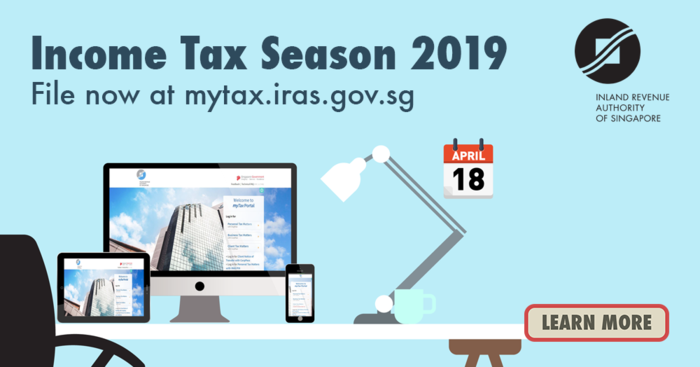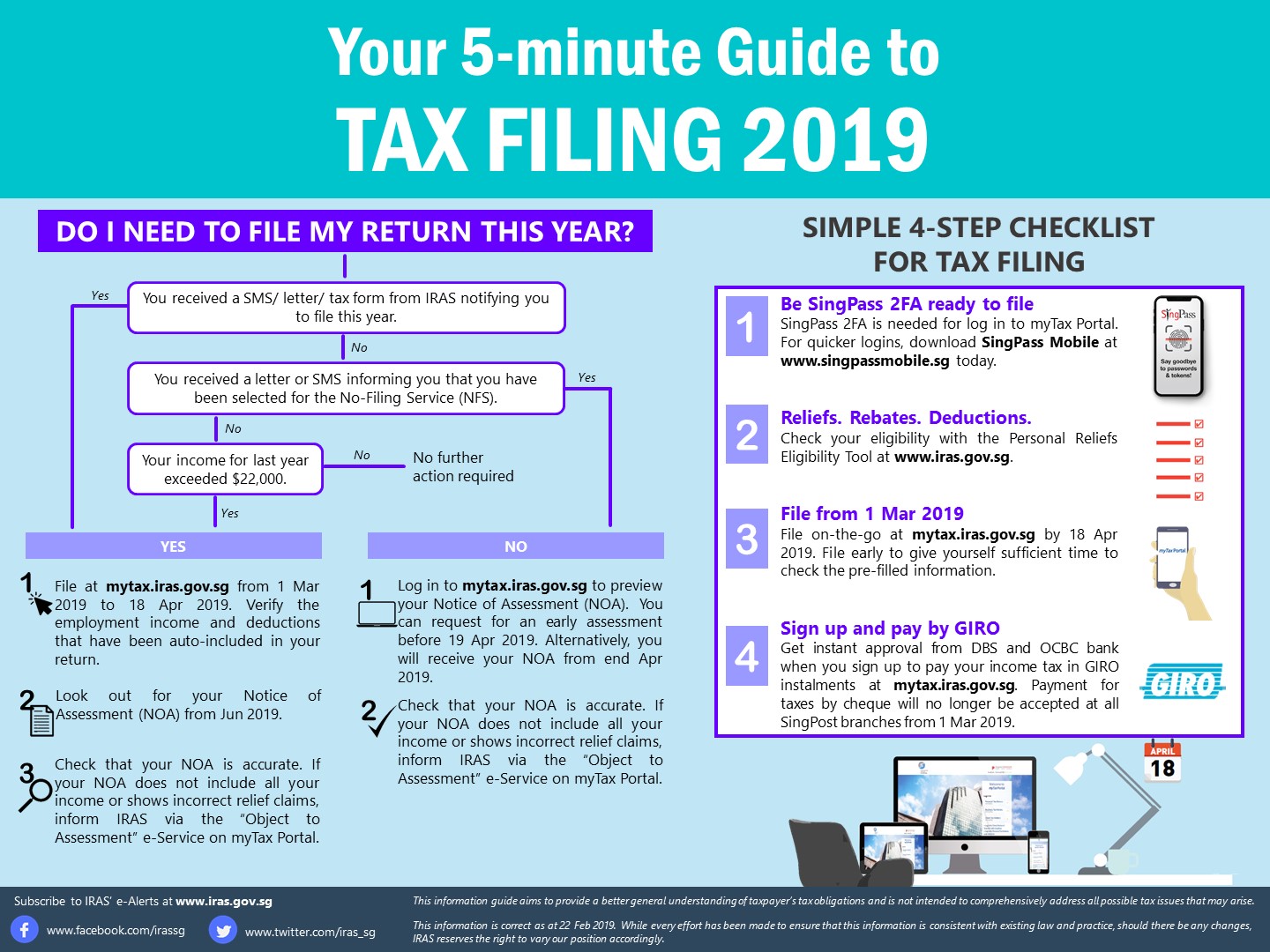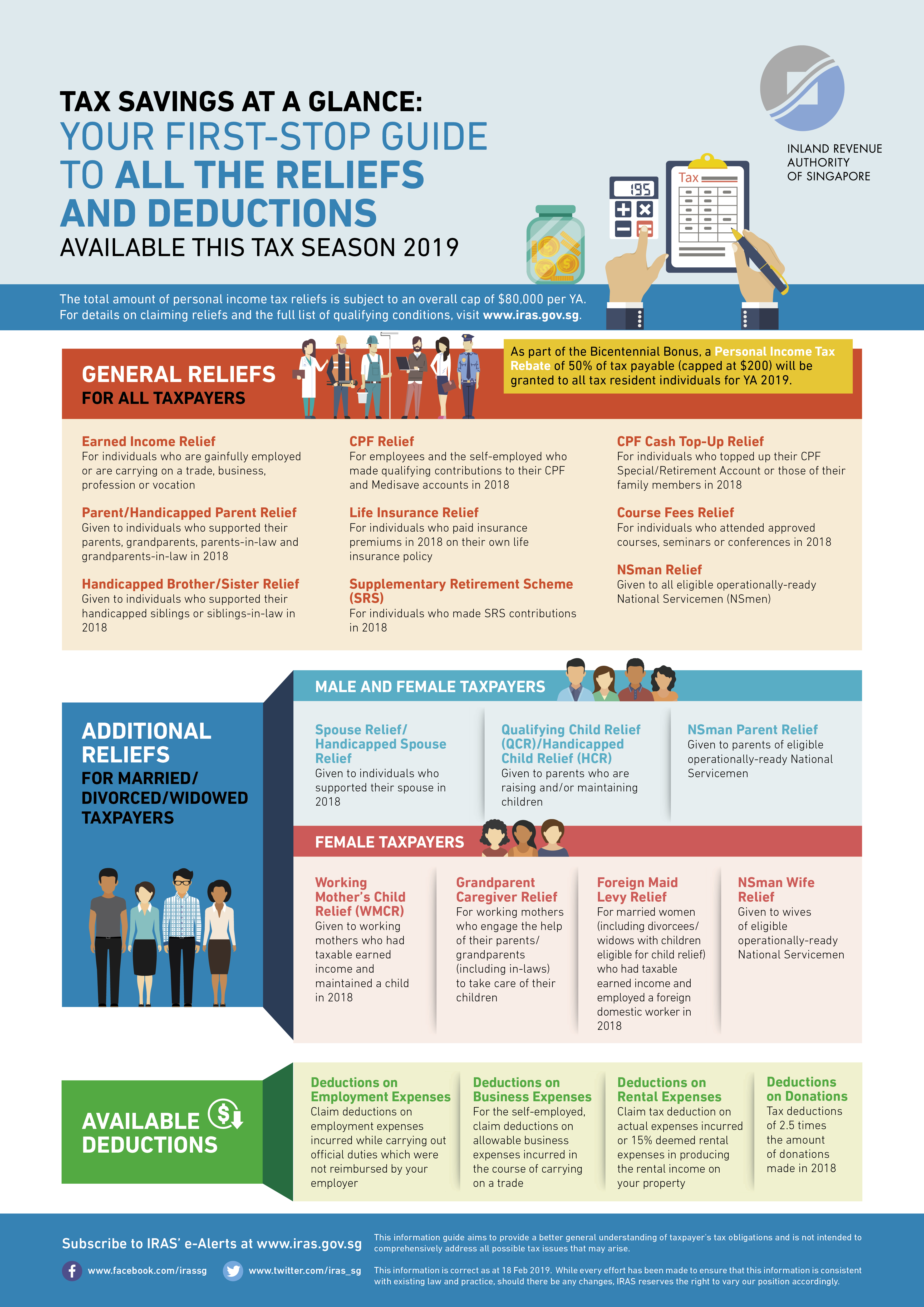DEFINE
Recently, my significant other opened the idea of discussing about whether it is worth getting a fiduciary and a financial adviser. I focused on the former. A fiduciary’s duties and responsibilities goes beyond directing the individual (i.e., beneficiary) to his or her financial goals. The fiduciary acts for or on behalf of the beneficiary in certain circumstances. This is a bond established by utmost confidence and trust.
A fiduciary is either a person or an organization who has the highest legal duty of being ethically bound to act in the beneficiary’s best interest. Fiduciary relationships include:
* Trustees (of a beneficiary);
* Directors (of a company);
* Agents (of a principal);
* Lawyers (to the client); and
* Partners (to each other).
Aside from this, the Courts may find a fiduciary relationship exists when the beneficiary is dependent on the fiduciary, when the fiduciary has the discretion to act unilaterally for the beneficiary, and when such power affects the beneficiary’s legal or practical interests.
Do you qualify for any of these? Are you a fiduciary? If so, here are your duties.
DUTIES
#1: First and foremost, the fiduciary needs to avoid conflict of interest and duty. For example, a company director must not put himself or herself in a position where personal interest will conflict with that of the company’s. Do everything in good faith.
#2: Secondly, you must avoid unauthorized profits. For example, your position as a company director may be in breach of your duty if you acquire a business opportunity (i.e., belonging to the company) for yourself.
#3: Lastly, the fiduciary must manage the assets of an individual for the benefits of the beneficiary himself or herself. You cannot benefit personally from the management of the beneficiary’s assets.
LAW
According to research, Singapore is part of the common law legal tradition. Thus, the decisions of precedent cases in the superior courts are binding on the lower courts. Moreover, the decisions in other Commonwealth jurisdictions (e.g., in UK, Australia, or Malaysia) can be persuasive in the Singapore courts.

Image Credits: pixabay.com
“When a fiduciary relationship is established in one of these cases, future cases are bound to follow what has been established before. Statutes that are passed by Parliament may also impose certain statutory duties akin to fiduciary duties between parties.”
Consult legal agents to know more.









